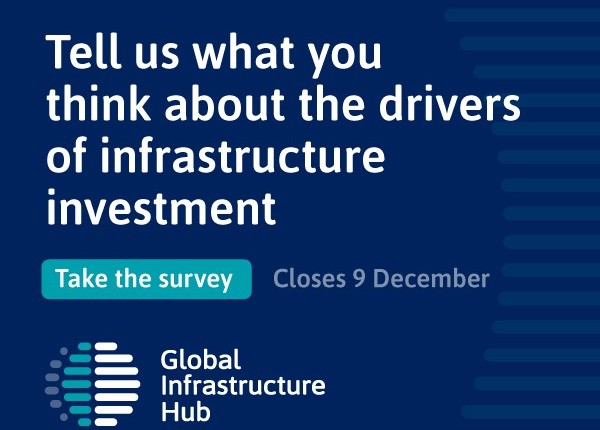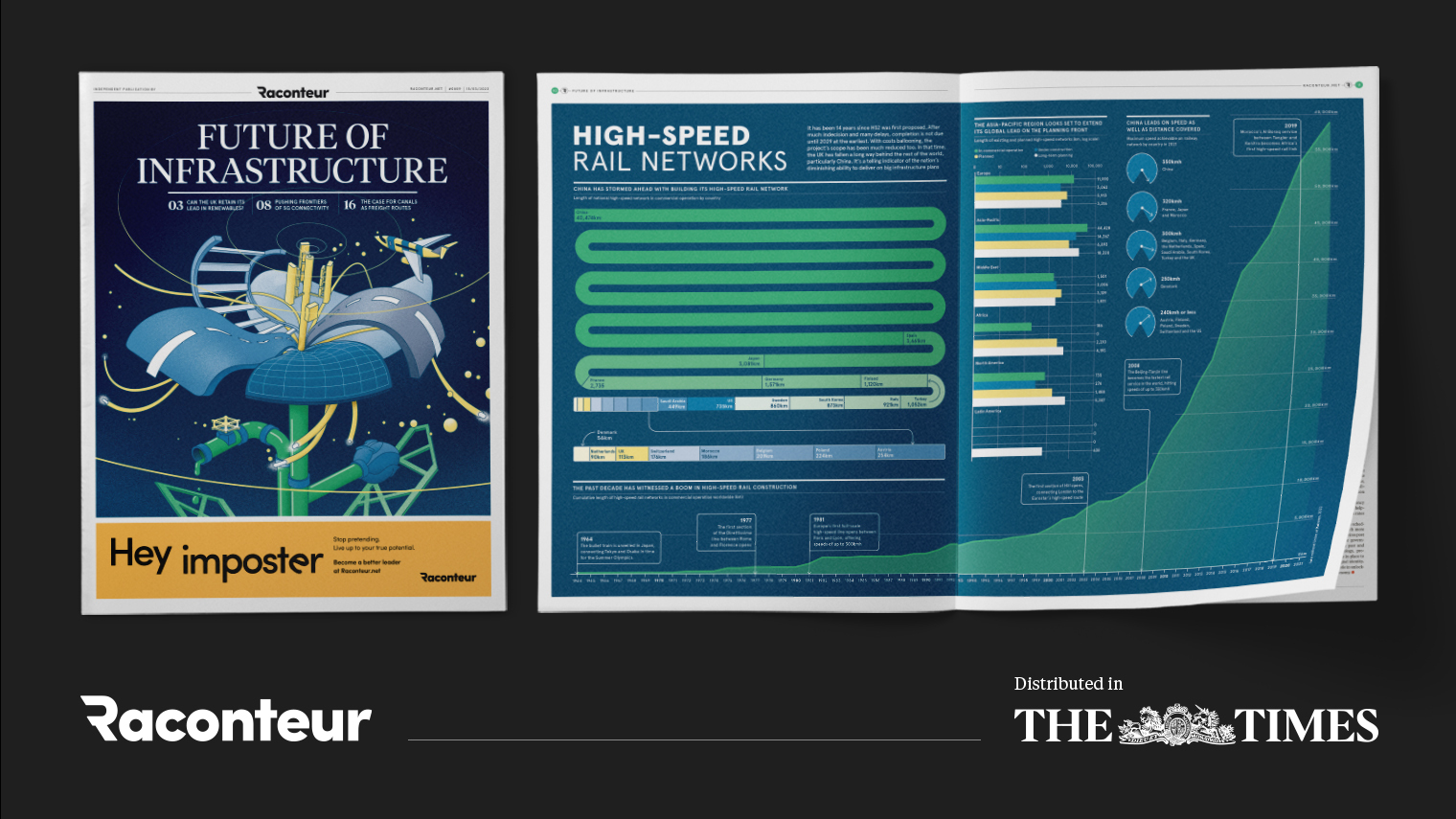934 results found
Featured results



More results
To increase understanding and improve the consideration of circular infrastructure, the GI Hub has formed a Circular Economy in Infrastructure Action Group that includes global, senior leaders in circular economy and infrastructure across the public and private sector.
Read more about Infrastructure Futures, our new report looking at the key megatrends with the potential to disrupt the industry through to 2050.
The GI Hub wants to hear your views on the policies and practices that enable greater investment in infrastructure.
The Guidance Note, developed by the GI Hub in collaboration with Cambridge Economic Policy Associates Limited (CEPA), identifies lessons learned from various existing NIBs in both emerging markets and high-income countries through 11 case studies which explore different NIBs that have existed from 1945.
The Output Specifications for Quality Infrastructure Reference Guide, helps governments to operationalise the definition of Quality Infrastructure Investment agreed on by G20 nations.
The Africa Infrastructure Fellowship Program (AIFP)—a joint initiative between the Global Infrastructure Hub (a G20 initiative), private investment firm Meridiam, and the World Economic Forum (WEF)— has been formally announced by Mr Jean-Baptiste Lemoyne, the Secretary of State attached to the Minister for Europe and Foreign Affairs.
Private investment in infrastructure through primary market transactions remains low at around US$100 billion per year and has been declining over the past decade according to a new Global Infrastructure Hub (GI Hub) report, Infrastructure Monitor 2020.
Cross-border infrastructure is essential for connectivity. The GI Hub has created a reference guide that presents key learnings and global practices for successful cross-border projects, drawing from a comprehensive literature review, analysis of case studies and the input of international experts in cross-border projects.
The Global Infrastructure Hub (GI Hub) has now signed a consultancy contract for the development of a reference tool to address inclusion in large infrastructure projects.
The GI Hub today launches a shorthand cost-benefit analysis tool for analysing the environmental, social, and economic (ESE) benefits of bus transport projects.
Introducing a new professional training program for developing and delivering infrastructure for equal access, affordability, and economic empowerment.
Africa’s unmet infrastructure need is estimated at nearly $3 trillion by 2040, a new training program aims to drive investment to help close Africa’s infrastructure gap.
G20 Leaders met in New Delhi on 9-10 September 2023. The Leaders’ Declaration reflects an ongoing focus on sustainable and inclusive economic growth, of which infrastructure is a key part.
The report discusses forms of intervention and trade-offs, enabling factors, and evidence from case studies and stakeholder consultations in the areas of water, agriculture and energy. The report includes recommendations for a possible roadmap and funding options.

This chapter discusses the impact of climate events on various types of digital infrastructure.


Co-financing provide a supportive enabling environment that minimises risk exposures, catalysing private co-financing for infrastructure in middle- and low-income countries.


The report describes eight nutrition-sensitive approaches for achieving greater impacts on early child nutrition. Results framework indicators are proposed to support monitoring and evaluation of nutrition-sensitive investments in water management and irrigation.

This Primer provides an introduction to blockchain technology, outlines some of the potential benefits it can bring, and considers the risks and challenges it poses.

The OECD DAC Blended Finance Principles for Unlocking Commercial Finance for the SDGs aims to ensure that blended finance is deployed in the most effective way to address the financing needs for sustainable development.




 Infrastructure and Circular Economy
Infrastructure and Circular Economy














